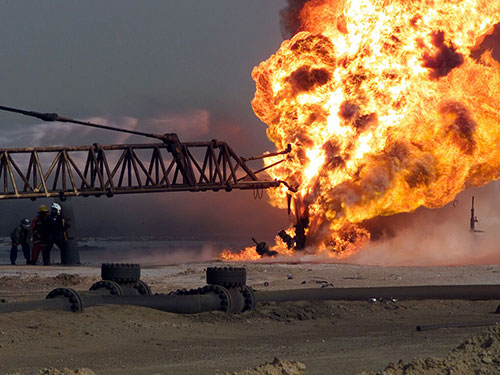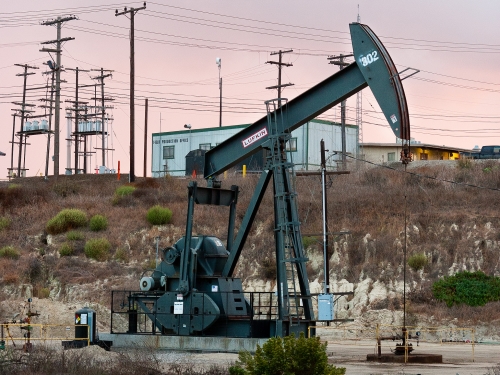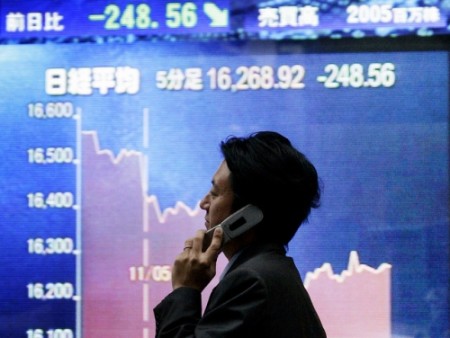
This article was originally published by the S. Rajaratnam School of International Studies (RSIS) on 16 March 2017.
Synopsis
Human factors such as complacency and lack of questioning attitude have been identified as key contributors to the Fukushima nuclear disaster. But six years after the incident, East Asian states have yet to address human factors to make nuclear energy safe and secure in the region.
Commentary
JAPAN COMMEMORATED the sixth anniversary of the Fukushima-Daiichi nuclear disaster on 11 March 2017. Since the tsunami–triggered disaster, qualified observers assess that the biggest risk associated with nuclear power comes not from the technology of the infrastructure but from human factors. The Fukushima incident must be regarded as a technological disaster triggered not just by “unforeseeable” natural hazards (earthquake, tsunami), but also human errors.
Comprehensive reports on Fukushima, including findings made by the Japanese parliament and the International Atomic Energy Agency (IAEA), examine how human factors such as the complacency of operators due to ‘safety myth’, the absence of regulatory independence from the nuclear industry, and reluctance to question authority all contributed to the “accident”. The Fukushima incident, like others before it, accentuates the utmost importance of addressing human and organisational factors so as to prevent nuclear accidents from occurring, or mitigate their consequences if they do occur.




